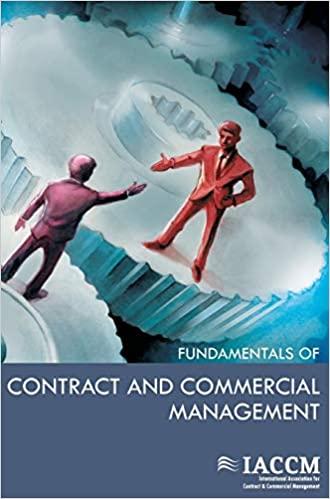Question
The patient is a 19-year-old female college scholar-athlete who is a scholarship basketball player at the state university. She has had repeated injuries to her
The patient is a 19-year-old female college scholar-athlete who is a scholarship basketball player at the state university. She has had repeated injuries to her knees over the past seven years while she has played in competitive sports, including basketball, softball, and soccer. Over the past three months, she had noted a feeling of instability in the left knee, more than usual and with increasing pain over the medial compartment, as a result of these old injuries. The physicians who had treated her over the past year were fairly confident that she had a torn anterior cruciate ligament and suspected possible tears to the medial meniscus and medial collateral ligament from the past injuries in the left knee and not a new traumatic problem. She was admitted to the hospital for reconstructive surgery, with a planned transfer to a sports rehabilitation unit at the university hospital. At surgery on the left knee, the orthopedic surgeon found a grossly positive Lachman's sign and anterior drawer in neutral, internal, and external rotation. The medial meniscus was torn at the posterior horn in a complex fashion posteriorly. There was no repairable tissue. The medial collateral ligament was torn; that was probably a new injury. The good news was the surfaces of the patellofemoral joint, medial compartment, and lateral compartments were in good condition. The left anterior cruciate ligament was completely torn and was most likely a recent injury just discovered during this procedure. The posterior cruciate ligament was intact, and the patellar tendons rode laterally in the notch. At the conclusion of the procedure, the left knee was stable to Lachman and drawer testing. The procedures performed on the left knee were an arthroscopic reconstruction/reinforcement of the anterior cruciate ligament using nonautologous patellar tendon graft, repair of the medial meniscus and medial collateral ligament, also known as the triad knee repair or O'Donoghue procedure that includes a medial meniscectomy. After three days of postoperative recovery, the patient was transferred to the sports rehabilitation unit for a complex rehabilitation program.
Principal Diagnosis: __________
Secondary Diagnoses: __________
Principal Procedure: __________
Secondary Procedure(s): __________
Step by Step Solution
There are 3 Steps involved in it
Step: 1

Get Instant Access to Expert-Tailored Solutions
See step-by-step solutions with expert insights and AI powered tools for academic success
Step: 2

Step: 3

Ace Your Homework with AI
Get the answers you need in no time with our AI-driven, step-by-step assistance
Get Started


